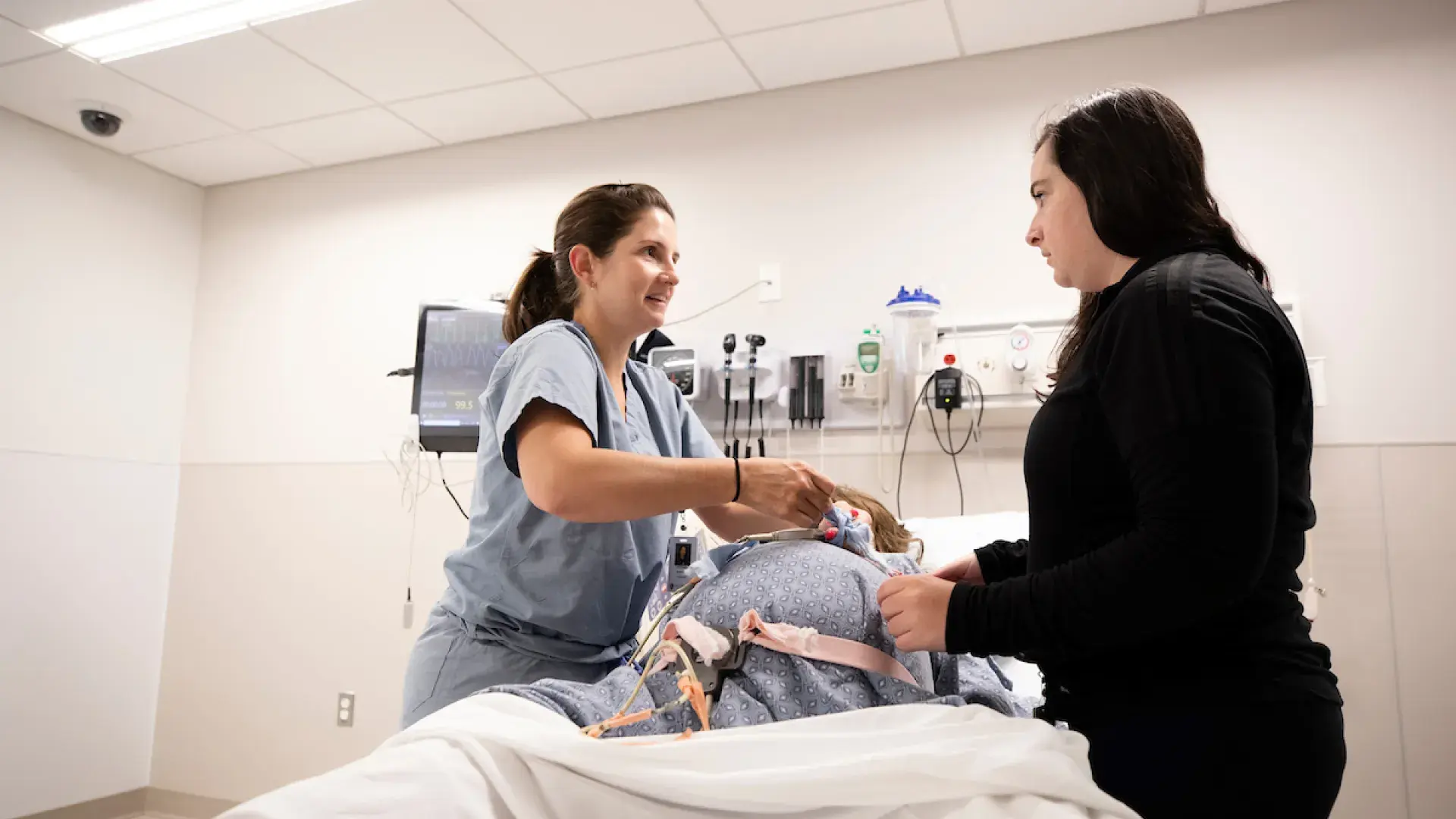
The MGH Institute is playing a key role in helping Mass General Brigham increase the pipeline of new mental health professionals in Massachusetts over the next several years.
Bridging the healthcare gap means more than educating enough qualified nurses, occupational therapists, and physician assistants. There’s also a need for these providers to acquire mental health expertise as well, a fact Mass General Brigham recognized with last year’s rollout of its Behavioral Health Grant, an initiative that supports developing a larger behavioral health workforce statewide.
This workforce was already at crisis levels before the pandemic but during it, there has been a need to increase this workforce. There are a number of factors that have led to the workforce shortage -- demand for services, the under reimbursement of its clinical services, and the great resignation that occurred across healthcare where workers decided the profession wasn't for them anymore.
“We wanted to address the major problem that we're facing in behavioral health – a workforce shortage in all different role groups,” said Joy Rosen, Vice-President of Behavioral Mental Health for Mass General Brigham and Senior Vice President at Massachusetts General Hospital. “We're talking doctors, psychologists, nurses, social workers, physician assistants, occupational therapists, mental health assistants – the whole gamut.”
A September 2022 report by the Blue Cross Blue Shield of Massachusetts Foundation said the Commonwealth’s behavioral workforce was in crisis and pointed to its own survey showing that more than half (57%) of adults in the state in need of behavioral health care either “had difficulties getting appointments for care when needed or did not obtain any behavioral health care.”
To help mitigate the problem, New England’s largest care provider set aside $15 million dollars to help build the behavioral health workforce. And it’s turning to the MGH Institute – the system’s only degree-granting affiliate - and other area colleges and universities to accomplish that.
Three of the IHP’s academic departments – nursing, occupational therapy, and physician assistants – received funds to develop programs to educate a new generation of mental health professionals.
“We’re grateful that MGB recognizes the IHP can help increase the pipeline of behavioral health workers,” said President Paula Milone-Nuzzo. “There’s a tremendous need and the IHP is poised to help bridge this gap and help improve the lives of many more people. We have doubled the number of psych mental health nurse practitioner students in the last year.”

